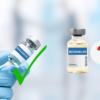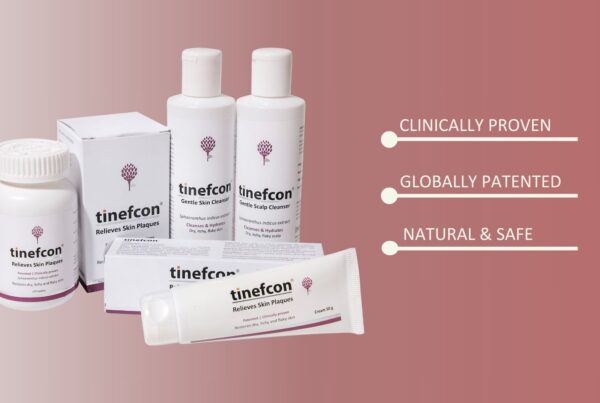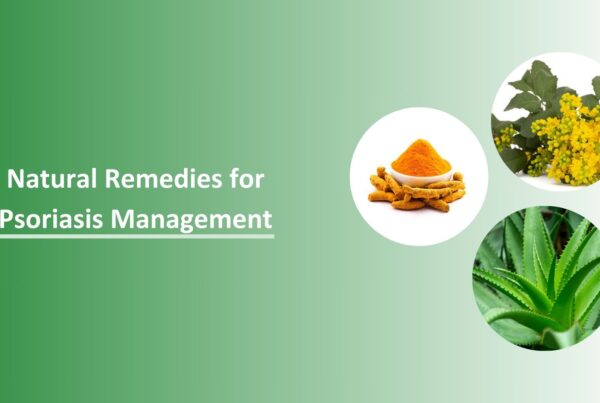Introduction
World Oral Health Day is observed annually on March 20th to raise awareness about the importance of good oral health practices for overall well-being. This day aims to empower individuals with the knowledge, tools, and confidence to maintain good oral hygiene, emphasizing the impact of oral health on general health and quality of life.
World Oral Health Day Theme and History
The theme for World Oral Health Day 2024 is “A Happy Mouth is A Happy Body,” highlighting the importance of oral health in promoting overall happiness and well-being. Initially established in 2007, World Oral Health Day used to be celebrated on September 12th, coinciding with the birthday of FDI founder Dr. Charles Godon. However, in 2013, the date was changed to March 20th to prevent conflicts with other events and to better align with significant oral health milestones.
Statistics and Importance of Oral Health
Nearly 3.5 billion people worldwide are affected by oral diseases, with severe periodontal diseases impacting about 10% of the global population. According to the Global Burden of Disease (GBD) study, untreated dental caries is the most prevalent condition, affecting approximately 2.5 billion individuals globally.
- Tooth decay, gum diseases, and oral cancer are prevalent conditions that can lead to pain, discomfort, and even death if left untreated.
- Maintaining good oral health is crucial as it can prevent tooth decay, gum disease, and other serious health consequences associated with poor oral hygiene.
The Interconnection Between Oral Health and Cancer
The relationship between oral health and oral cancer is significant, as poor oral hygiene practices can increase the risk of certain types of mouth and throat cancers. Research indicates a direct correlation between inadequate oral hygiene and the onset of these cancers, even in individuals who do not heavily consume alcohol or use tobacco, which are typically associated with such cancers.
Studies have demonstrated that people with infected gums or those who wear full or partial dentures face a heightened risk of developing mouth and throat cancers. Additionally, subpar oral health practices have been linked to a 56% greater likelihood of contracting human papillomavirus (HPV), a virus that can cause oral HPV infections and oropharyngeal cancers.
Moreover, the presence of periodontal disease, tooth loss, and poor oral hygiene is associated with an increased risk of colorectal cancer, highlighting how oral health impacts overall health outcomes. Furthermore, cancer treatments can negatively affect oral health, resulting in conditions like dry mouth, mouth sores, infections, and other complications that can impact dental health during treatment.
Common Signs Of Oral Damage Include:
- Toothache: May signal cavities, gum disease, abscess, or impacted teeth. Prompt evaluation by a dentist is essential.
- Sensitive Teeth: Sensitivity to hot or cold drinks could indicate tooth decay, fractured teeth, or gum disease. Seeking dental advice is crucial.
- Bleeding or Sore Gums: This may indicate gingivitis, gum disease, or aggressive brushing. Regular bleeding warrants a dental visit.
- Mouth Sores: Types like canker sores or cold sores may indicate various conditions. Persistent sores should be examined by a dentist.
- Bad Breath: This can result from poor oral hygiene, dry mouth, or gum disease. Regular dental care is essential.
- Jaw Pain or Clicking: This could be due to sinus issues, arthritis, or teeth grinding. Proper diagnosis by a dentist is necessary.
Signs of poor oral health include tooth pain, bleeding gums, bad breath, and teeth sensitivity, indicating issues like decay, gum disease, or infections.
Treatment
Treatment for oral diseases varies depending on the condition.
- For dental cavities, decayed parts of the tooth are removed and filled with materials like amalgam or composite resin.
- Gum disease may require scaling, root planing, antibiotics, or surgical procedures.
- Oral infections may need surgical drainage, tooth extraction, root canal treatment, or antibiotics.
- Oral cancer treatment involves surgery, radiation, chemotherapy, targeted therapy, or immunotherapy.
Prevention
Preventing oral damage involves various strategies aimed at maintaining excellent oral hygiene and addressing specific risk factors. Here are some key approaches:
- Regular Dental Check-ups: It’s crucial to visit the dentist routinely for check-ups and cleanings. These visits help detect and treat any oral health issues early on.
- Effective Brushing and Flossing: Good oral hygiene practices like brushing teeth with fluoride toothpaste at least twice daily and flossing daily help remove plaque, preventing tooth decay and gum disease.
- Balanced Diet: Consuming a healthy diet low in sugary foods and drinks supports oral health by reducing the risk of tooth decay and maintaining overall oral well-being.
- Avoiding Tobacco: Quitting smoking and steering clear of tobacco products significantly lowers the risk of oral cancer, gum disease, and other oral health problems.
- Moderating Alcohol Intake: Limiting alcohol consumption helps maintain good oral health, as excessive drinking is linked to various oral health issues.
- Managing Medical Conditions: Effectively managing medical conditions such as diabetes can prevent complications like gum disease. There’s a reciprocal relationship between diabetes and oral health.
- Dealing with Dry Mouth: If medications cause dry mouth, consulting a healthcare provider for alternatives or using strategies like staying hydrated, chewing sugarless gum, and avoiding tobacco and alcohol can alleviate symptoms and prevent associated oral health problems.
- Oral Care for Older Individuals: Assisting older individuals with brushing and flossing, especially if they can’t do it independently, helps maintain their oral health and prevents age-related oral issues or those related to medical conditions.
Awareness
Effective strategies for raising awareness on Oral Cancer Day include using social media campaigns, organizing educational events, conducting community outreach, securing media coverage, hosting fundraising events, and collaborating with healthcare providers. These efforts aim to educate the public about oral cancer risk factors, symptoms, and the importance of early detection, ultimately improving outcomes for those affected.
Additionally, educating individuals, especially children, about oral health, implementing oral health programs in schools, and offering free oral health screenings are crucial steps in promoting good oral hygiene practices and preventing oral diseases.
Conclusion
In conclusion, World Oral Health Day 2024 serves as a global platform to raise awareness about the importance of oral health, encourage preventive measures, and emphasize the significant impact of oral hygiene on overall health and quality of life.
Join us in taking action today to prioritize your oral health by scheduling a dental check-up, practicing good oral hygiene habits, and spreading awareness within your community. Together, let’s ensure that everyone has access to the knowledge and resources they need for a lifetime of healthy smiles.
Written By
Aswini PriyaMedical Content Writer
Reviewed By
Dr. AnchalMedico Expert
Last Updated
20 Mar 2024 | 03:00 PM (IST)










